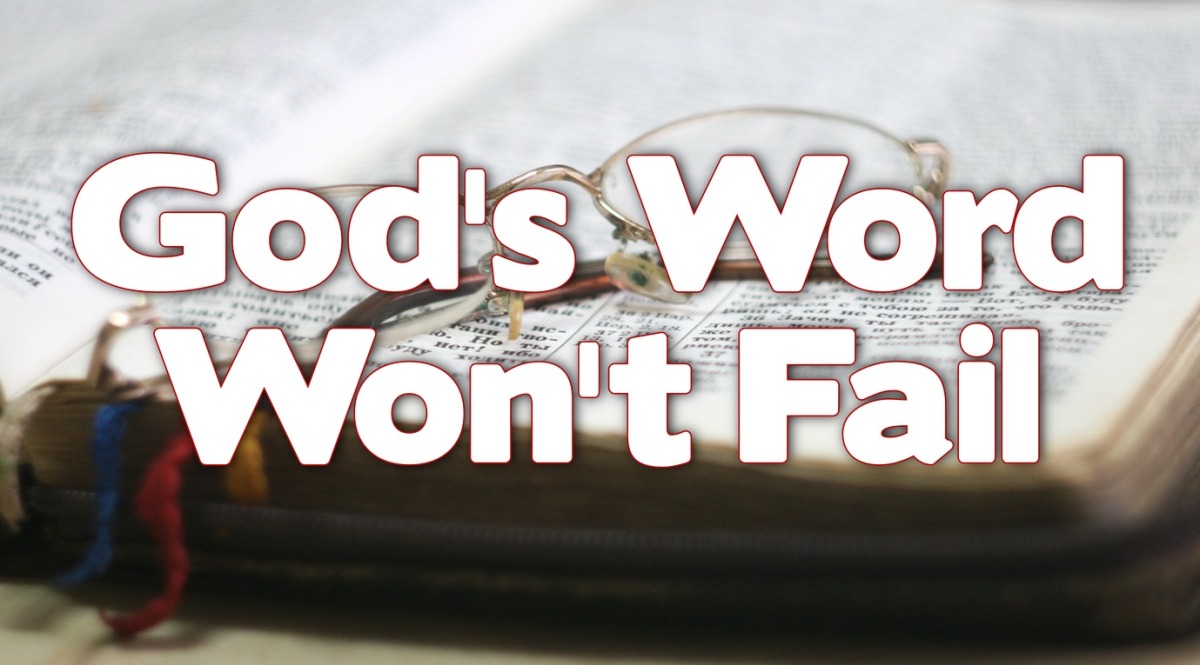Today’s reading is Hebrews 6.
If a farmer cultivates and works land upon which rain has fallen and that land produces a useful crop, it is a blessed land. However, if instead it yields thorns and thistles, what is the farmer going to do? The farmer will burn it to the ground. The author of Hebrews is explaining what will happen to those who have experienced the blessings in Jesus but decided to abandon Him.
Our author is calling Isaiah 5:1-7 to mind. In that passage, God cleared a field and planted it with choice vines. But instead of producing good grapes, it produced wild grapes. God removed its protective hedge and broke down its wall. He quit cultivating it, pruning it, hoeing it. He allowed the briers and thorns to take it over. He stopped the rain from falling on it. Instead of blessing it with more rain and more growth, He cursed it.
It also calls to mind Isaiah 55:10-13. The Word of God going forth from the mouth of God does not return empty. It accomplishes what it was sent out to accomplish. Of course, in the context of Isaiah 55, the restoration of those who believed was in view. However, in Hebrews 6 we learn sometimes the purpose of the Word is to leave those who refuse to believe without excuse. For those who reject the Word, the Word accomplishes what it was sent to do. It will judge those who reject it.
This is the side of God’s Word many today miss. The Word says those who reject it will be judged and punished. The ground that drinks in God’s rain but produces thorns, thistles, and briers instead of a useful crop will be cursed and burned up. We must not think we can abandon the Word of God without consequence.
If we drink the Word in with faith and submission, God will grow fruit in us. We will produce a useful crop. Some of us thirtyfold, some sixty, some a hundred. God’s Word is just that powerful. It will do what God has sent it out to do. However, if we reject God’s Word, we will be judged by God’s Word. We will not avoid that. God’s Word is just that powerful. It will do what God has sent it out to do.
God’s Word won’t fail. So hang on to it and submit to it. You’ll be glad you did. I promise.
Tomorrow’s reading is Hebrews 6.
PODCAST!!!
Discuss the Following Questions with Your Family
- What are your initial reactions to the chapter and the written devo above?
- Does this story about the ground’s output remind you of Jesus’s parable of the sower? How?
- How many options does the author of Hebrews demonstrate we have in our response to God’s Word? What are they?
- How can we help each other accept and be cultivated by God’s Word so that we can receive God’s blessing?
- What do you think we should pray for and about in light of this chapter and today’s post?




